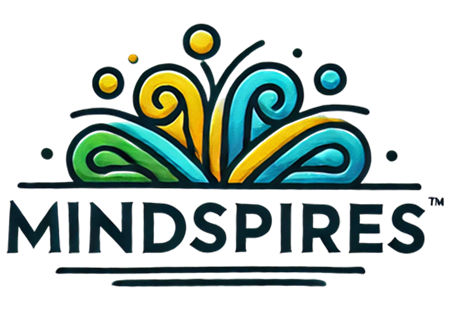If you’re reading this, chances are you or someone you know is dealing with the big, dark cloud of depression. It’s a tough journey and finding the right way to manage it can feel overwhelming. While medications and therapy are common go-to treatments, there’s a growing interest in natural remedies as either an alternative or a complement to these conventional methods. Let’s dive into some herbs and supplements that might just give you the extra support you need to kick depression to the curb.
Understanding Depression and Its Treatments
Depression isn’t just feeling sad or having a rough day; it’s a serious mental health condition that can affect every part of your life. Common symptoms include persistent sadness, loss of interest in activities you once enjoyed, changes in appetite and sleep, fatigue, and even thoughts of self-harm or suicide. Traditionally, treatments involve antidepressants and psychotherapy. Antidepressants can help balance chemicals in the brain that affect mood, while therapy allows you to talk about your feelings and develop coping strategies. However, some people experience side effects from medications or prefer more holistic approaches. This is where natural remedies come into play.
Herbal Remedies for Depression
Three of the most talked-about herbs for lifting the heavy cloud of depression are St. John’s Wort, Saffron, and Rhodiola Rosea. Some herbs can interact with other medications you may be taking so please consult your doctor before starting an herbal regimen.
- St. John’s Wort: This herb has been around for centuries and is known for its mood-boosting properties. It contains active compounds like hypericin and hyperforin, which are believed to increase levels of serotonin, dopamine, and norepinephrine in the brain – all chemicals that help regulate mood. Some studies even suggest that St. John’s Wort can be as effective as some antidepressants for mild to moderate depression.
- Saffron: Yep, the same spice that gives paella its vibrant color might also brighten your mood. The active compounds in saffron are crocin and safranal, which are thought to help increase dopamine levels. Research has shown that saffron can be effective in reducing symptoms of depression with fewer side effects than conventional antidepressants.
- Rhodiola Rosea: This herb helps your body manage stress better and has been found to reduce symptoms of depression and anxiety. Rhodiola contains active compounds like rosavin and salidroside, which may influence neurotransmitter activity. Studies have suggested that Rhodiola can improve mood and mental performance.

Nutritional Supplements for Depression
Now, let’s talk about some nutritional powerhouses that can help keep your brain happy and healthy.
- Omega-3 Fatty Acids: Found in fish oil, these essential fats are crucial for brain function and can help regulate inflammation. Omega-3s, especially EPA and DHA, have been shown in various studies to reduce symptoms of depression.
- Vitamin D: Also known as the “sunshine vitamin,” Vitamin D plays a key role in brain health. Low levels of Vitamin D have been linked to a higher risk of depression. Getting enough Vitamin D, whether through sun exposure or supplements, can help improve mood, particularly if you have a deficiency.
- Magnesium: This mineral is vital for many bodily functions, including those related to mood regulation. Magnesium deficiency is common and can contribute to symptoms of depression. Supplementing with magnesium has been shown to alleviate these symptoms.
Combination Approaches and Holistic Practices
Combining these natural remedies with other holistic practices can give you a well-rounded approach to managing depression. Think about integrating a balanced diet rich in nutrients, regular physical activity, and mindfulness practices like meditation or yoga into your daily routine. For example, start your day with a walk in the sunlight (hello, Vitamin D), have a breakfast rich in Omega-3s (like a smoothie with flaxseeds or chia seeds), and end your day with a relaxing magnesium-rich Epsom salt bath. Combining these practices can enhance overall well-being and contribute to better mental health outcomes.
Safety and Considerations
While natural remedies can be incredibly beneficial, it’s essential to use them safely and responsibly. Some herbs and supplements can interact with medications or may not be suitable for everyone, especially those with underlying health conditions. For instance, St. John’s Wort can interfere with birth control pills, antidepressants, and other medications, potentially causing serious health issues. Always consult with your healthcare provider before starting any new treatment, and make sure you get personalized advice tailored to your specific situation.
Conclusion
So there you have it – a look into how herbs and supplements can potentially help manage depression. Natural remedies like St. John’s Wort, saffron, Rhodiola Rosea, Omega-3 fatty acids, Vitamin D, and magnesium have shown promise in improving mood and overall mental health. But remember, doing thorough research and consulting with healthcare professionals before making any changes to your treatment strategy is crucial. Managing depression is a personal journey, and exploring different options can help you find what works best for you.

